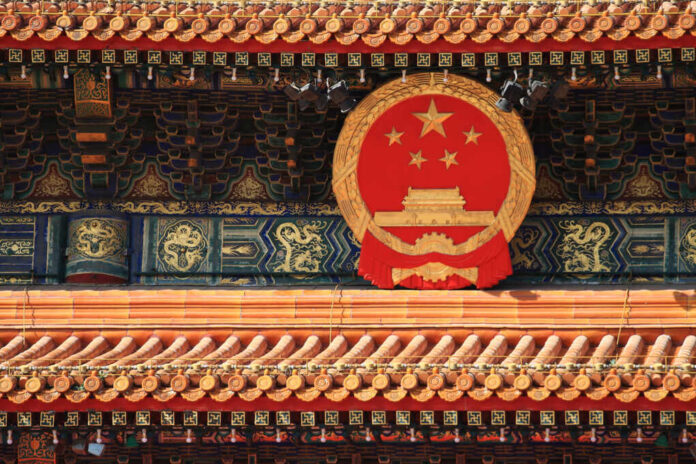
China has fiercely condemned new CIA recruitment ads aimed at Chinese officials as a direct threat to national security, vowing to take protective measures against what it calls American espionage efforts.
At a Glance
- China denounced CIA recruitment videos targeting Chinese officials as a “naked political provocation”
- The CIA released videos specifically designed to recruit Chinese officials to share state secrets
- CIA Director John Ratcliffe confirmed these videos represent an adjustment in CIA tradecraft
- Beijing has vowed to take countermeasures to protect national sovereignty and security
- This incident adds to ongoing tensions between China and the US over mutual espionage accusations
CIA’s Controversial Recruitment Campaign
The Central Intelligence Agency has launched a bold new recruitment campaign specifically targeting Chinese officials, provoking a swift and severe response from Beijing. The videos, released as part of the CIA’s evolving intelligence operations, appear designed to appeal to potentially disillusioned Chinese personnel who might be willing to share confidential state information with American intelligence services. This direct approach represents a significant escalation in the ongoing intelligence rivalry between the world’s two largest economies.
Foreign Ministry spokesperson Lin Jian delivered China’s official response, characterizing the CIA’s recruitment effort as deliberately undermining China’s governance structure. The videos have been interpreted by Chinese officials as not merely recruitment tools but as evidence of ongoing American espionage activities directed at China. This public approach to intelligence recruitment marks a departure from traditionally more discreet methods of developing foreign intelligence assets.
China’s Official Response
In a strongly worded statement, Chinese officials accused the United States of using “despicable methods” to steal secrets and interfere in the internal affairs of other countries. The Foreign Ministry described the recruitment videos as a “naked political provocation” that directly threatens China’s national security interests. This language reflects the seriousness with which Beijing views this intelligence recruitment campaign, treating it as not just a security matter but as a political challenge.
The Chinese government has pledged to take all necessary measures against what it terms “anti-China forces” to safeguard its sovereignty and security interests. These protective measures were not specifically detailed, but the statement signals China’s determination to counter what it perceives as American infiltration attempts. The forceful response underscores the Chinese Communist Party’s sensitivity to anything it views as threatening internal stability or challenging its authority.
Escalating Intelligence Rivalry
CIA Director John Ratcliffe has acknowledged that these recruitment videos represent an adjustment in CIA tradecraft, suggesting a more aggressive and public approach to intelligence gathering focused on China. This acknowledgment from America’s top intelligence official confirms the strategic shift in how the U.S. is approaching intelligence operations against China, moving from purely covert activities to more overt recruitment efforts designed to exploit potential internal dissatisfaction.
This incident adds to a growing list of espionage-related tensions between the two nations. Recent friction points include Chinese accusations that U.S. agents have been involved in cyberattacks against Chinese infrastructure, while American officials have raised concerns about Chinese intelligence activities in the United States. In a particularly serious case highlighted by Chinese state media, a Chinese aerospace engineer was recently sentenced to death for allegedly leaking state secrets.
Historical Context of Spy Allegations
The mutual accusations of espionage between China and the United States have a long and complicated history. Both nations regularly claim the other engages in widespread intelligence gathering, cyber intrusions, and attempts to recruit informants. This latest confrontation over CIA recruitment videos fits into this established pattern but represents a more public and direct approach than typically seen in the shadowy world of international espionage.
The timing of this intelligence recruitment campaign comes during a period of already strained U.S.-China relations, with ongoing tensions over trade, technology, human rights, and regional security issues. Intelligence operations have always been a sensitive aspect of this complex relationship, but the public nature of this recruitment drive signals a potential shift toward more open competition in the intelligence domain, mirroring the increasingly confrontational stance both nations have taken in other areas.

























